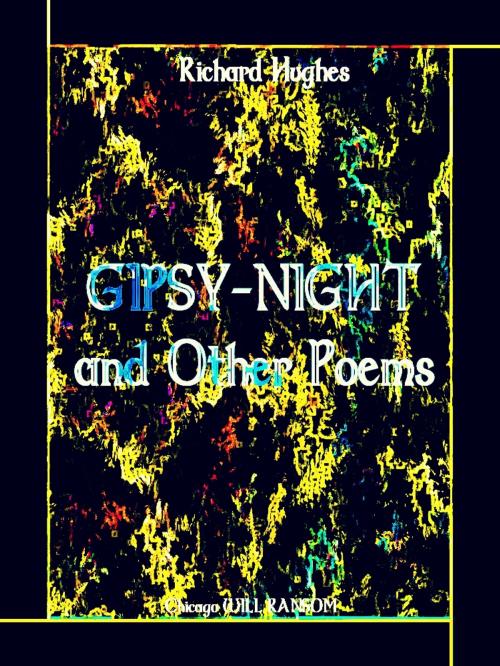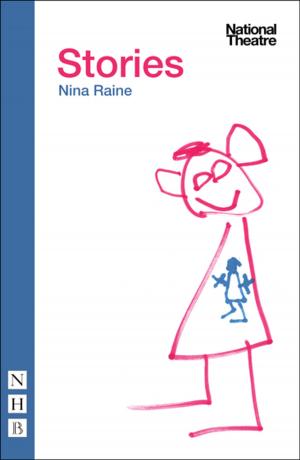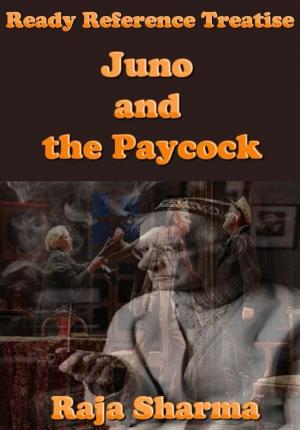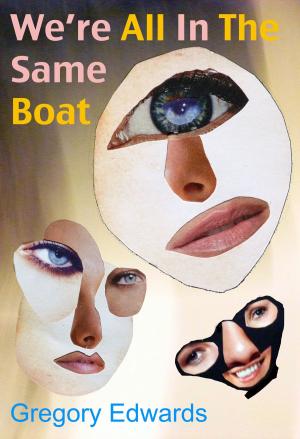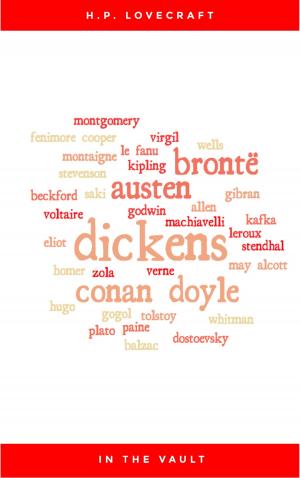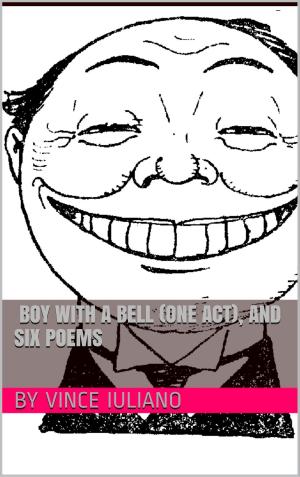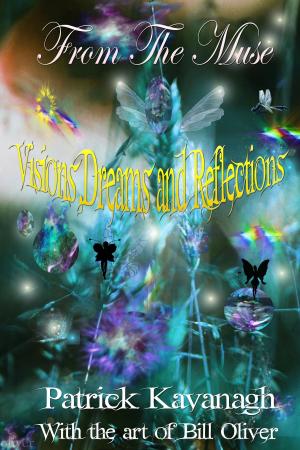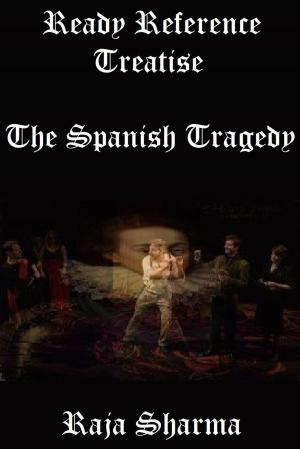| Author: | Richard Arthur Warren Hughes, Pamela Bianco | ISBN: | 1230000272792 |
| Publisher: | Will Ransom | Publication: | October 8, 2014 |
| Imprint: | Language: | English |
| Author: | Richard Arthur Warren Hughes, Pamela Bianco |
| ISBN: | 1230000272792 |
| Publisher: | Will Ransom |
| Publication: | October 8, 2014 |
| Imprint: | |
| Language: | English |
Probably the most important contribution to modern poetical theory is Mr. Robert Graves’ book On English Poetry. He grounds it upon Man as a Neurotic Animal. Poetry is to the poet, he argues, what dreams are to the ordinary man: a symbolical way, that is, of resolving those complexes which deadlock of emotion has produced. If this book meets with the success it deserves, it is probable that there will be a great deal of psycho-analytical criticism afloat, that the symbolic test will become the sole criterion of distinguishing the true from the fake poem; until some sort of ‘Metamorphic’ school arise, who defeat this by consciously faking their symbolism. I do not wish to oppose this thesis, but only to suggest that though true, it is only a partial truth: and that to make it the sole criterion of poetry would be damning: that as well as being a neurotic animal, Man is a Communicative Animal, and a Pattern-making Animal: that poetry cannot be traced simply to a sort of automatic psycho-therapy, but that these and many other causes are co-responsible. Indeed, though many of these poems may still prove poems within the meaning of Mr. Graves’ Act, I should be sorry that they should be read with no other purpose than indecently to detect my neuroses.
Probably the most important contribution to modern poetical theory is Mr. Robert Graves’ book On English Poetry. He grounds it upon Man as a Neurotic Animal. Poetry is to the poet, he argues, what dreams are to the ordinary man: a symbolical way, that is, of resolving those complexes which deadlock of emotion has produced. If this book meets with the success it deserves, it is probable that there will be a great deal of psycho-analytical criticism afloat, that the symbolic test will become the sole criterion of distinguishing the true from the fake poem; until some sort of ‘Metamorphic’ school arise, who defeat this by consciously faking their symbolism. I do not wish to oppose this thesis, but only to suggest that though true, it is only a partial truth: and that to make it the sole criterion of poetry would be damning: that as well as being a neurotic animal, Man is a Communicative Animal, and a Pattern-making Animal: that poetry cannot be traced simply to a sort of automatic psycho-therapy, but that these and many other causes are co-responsible. Indeed, though many of these poems may still prove poems within the meaning of Mr. Graves’ Act, I should be sorry that they should be read with no other purpose than indecently to detect my neuroses.
